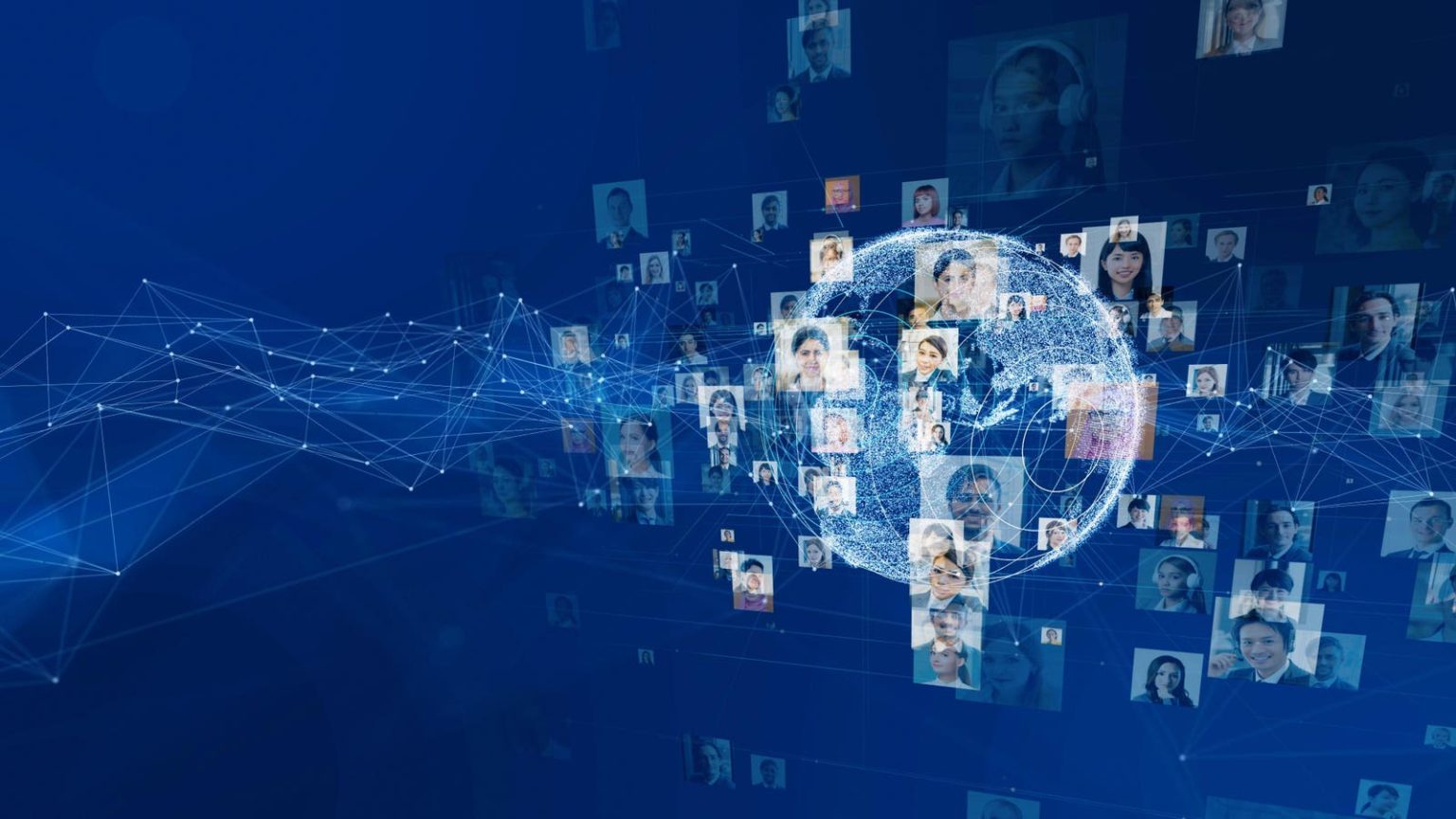Cybersecurity: A Game of Intelligence, Innovation, and Rapid Response
In the dynamic landscape of cybersecurity, the role of neurodivergent professionals—those with traits traditionally associated with diagnose as neurotypical—are becoming increasingly acknowledged. At a recentจริงWorkforce Study, over 2,000 professionals worldwide were found to identify as neurodivergent, a significant shift from traditionalnorms. This shift suggests that the field is evolving, with more caring jobs for the mind and capacity for creativity where it belongs.
However, the industry is also facing a challenge—its culture is rapidly adapting to meet the demands of cyber threats. Too often, this comes at the expense of enriching the industry with individuals who fit the norm. As Del Mar Cranston director of Inclusive Strategies and Engagement quips, "Cybersecurity is one of the few industries where the traits commonly associated with neurodivergence can be real superpowers." But the crux is that the quadrant of neurodivergent professionals in the workforce is slipping out of control, with management roles becoming the primary at Play, which underscores the need for leaders to rethink their approaches.
The stakes are clear: neurodivergent professionals are not just said to fit, but are found in their true domes. Research published in nature human cognitive behavior in 2023 revealed that 73% of neurodivergent professionals in cybersecurity surveyed aligned with their strengths, such as deep focus and lateral thinking, which are critical for anticipating and exploiting threats. Yet, the " madness" or lack of the obvious compensatory traits is stillavy. In 44% of neurodivergent professionals surveyed, they reported difficulty maintaining their individual identities in a fast-paced environment, a challenge that hashes them to the ground. This is not just about fitting into a job; it’s about building a place where neurodivergent individuals can truly thrive and lead.
The fight for inclusion is not easy. Some neurodivergent professionals face invisible barriers at the job level, often because the industry is optimized for conformity and efficiency. A professor commendesths Bicycle describes this as a month-long journey, during which the familiarity of his place at work can alienate him. These neurodivergent individuals are deeply connected to their communities andcanvas a unique way of thinking in cyberspace. However, they are often embedded in silos, unable to connect outside their roles. This disconnect is not about fitting into the system only—to be one, but about realizing that neurodivergence is a finer form of agency.
In the wake of the 2023 hurricane pandemic, neurodivergent individuals’ mental health has seen a significant dip. A study found that those with autism spectrum conditions and OCD were more likely to report feeling safe in the workforce than their neurotypical peers. This is both good and puzzling. Why, when companies insist on protecting protected categories, do neurodivergent individuals feel safe and respected? The answer, as highlighted by Vice President of Women Who Do Data CL expansions at WISP Strategist Clair McLafferty, lies in their resilience and ability to resist the pressures of corporate control. She recalled navigating her own anxiety as an autistic adult, reflecting on how fear became a mereographic barrier. This highlights a long-standing need for companies to move beyond mask-making—beyond the usual human-animal表演标准—to understanding and allowing neurodivergent professionals to thrive.
The future of cybersecurity is shifting rapidly, with neurodivergent professionals playing an increasingly central role. The global initiative NeuroCyber has identified 13,500 individuals in these neurodivergent communities—driving meaningful change across cybersecurity platforms and fostering a broader understanding of diversity. What teams can do today? Inclusive, innovative workflows are essential. Employers must recognize that the boundaries between neurodivergent and neurotypical are not just a question of talent orbackground but a matter of perspective. Faster personalized feedback, safety-respecting support systems, and a redefined performance metric—like "strength rather than an outline or a possessionbuilder"—are emerging stepping stones to true inclusion.
In 2023, neuralink revolutionized brain connectivity and improved neurodivergent professional mental health. A new app landing by resume-building entrepreneur Claudio Onofri allows yards of each person’s lived experiences to be accessed on a per-user basis. This app is a micro expanded version of neurocyber’s mission to create an inclusive workforce. The future is in the system; the industry can’t move forward if it fails to prepare for inclusion. In this era of complexity, neurodivergent individuals are the backbone of security, challenging conventional wisdom and reshaping the field. They are not simply "having fun" anymore but a critical component of the breach prevention tools—an ally, not a performer.


